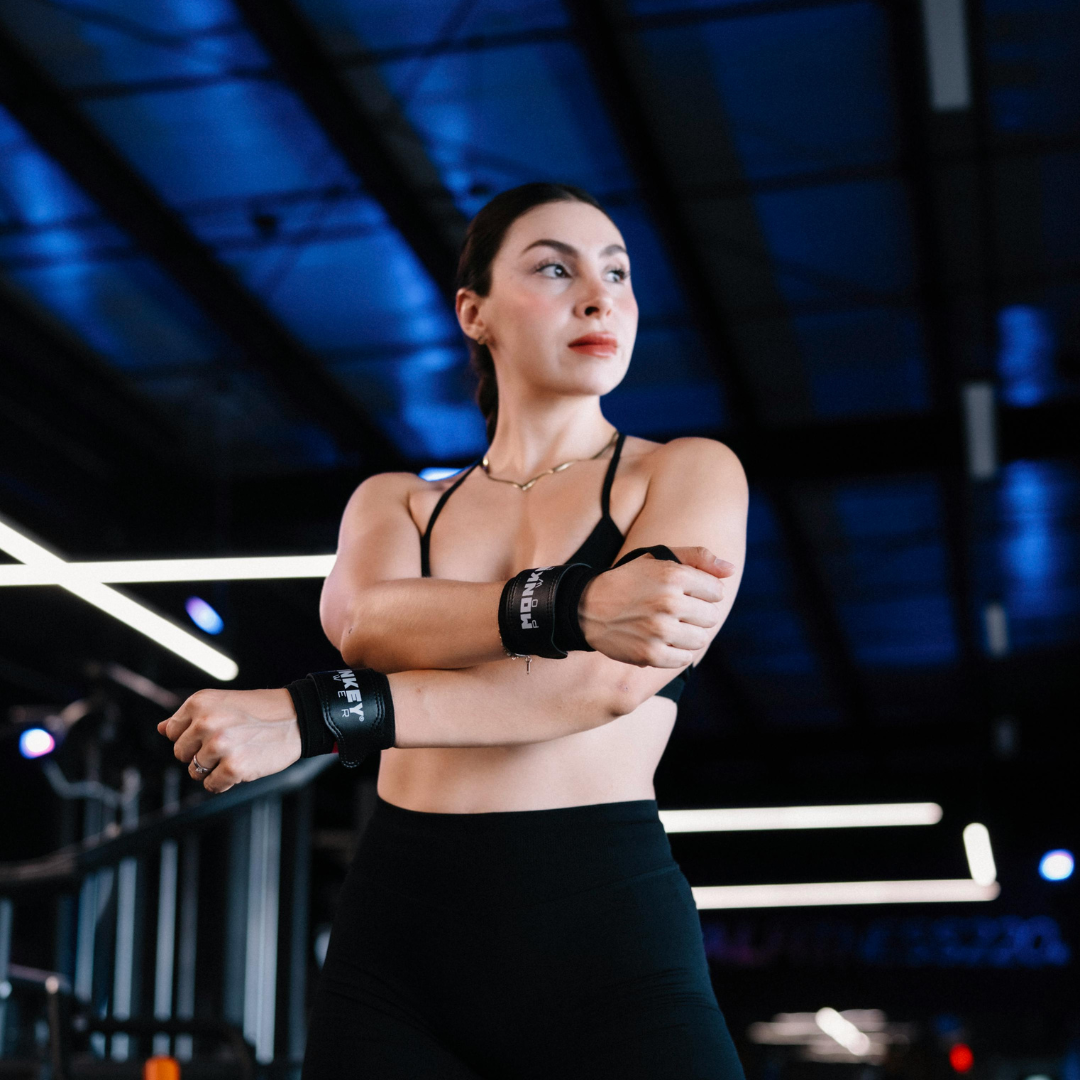The Role of Confidence in Athletic Performance
Nov 1
I’ll never forget one athlete I was working with—let’s call her Sarah. She was a strong, driven surfer-lifeguard athlete with solid fitness, great mechanics, and no real physical limitations. But at key moments—when the wave got big, when the whistle blew, when the timing shifted—she’d hesitate. Her body would stall. Her movement would slow. And she’d fall off her craft or miss the wave—not for lack of skill, but for lack of belief.
Here’s what we discovered: Sarah’s body wasn’t the limiting factor. Her confidence was. She had all the tools—but she wasn’t trusting them.
That gap between skill and action is where many athletes get stuck. Confidence isn’t just a nice-to-have—it plays a foundational role in translating preparation into peak performance.
What We Mean by “Confidence”
In sport science we often refer to constructs like self-confidence or sport-confidence (belief in one’s ability to succeed at the required task). Research shows that when athletes believe they can perform under pressure, things align: thoughts, emotions, and behaviours all pull in the same direction. For instance, one study of world-class athletes found that sport confidence facilitated performance via positive effects on their thoughts, feelings and behaviours.
Meta-analyses back this up: A recent review found that self-confidence had a positive (though moderate) correlation with performance (about r = 0.30) in sports contexts.
What this tells us: Confidence alone won’t make you a champion—but lack of confidence can undo your potential.
Why Confidence Matters in the Field
Let’s return to Sarah’s scenario. Because she lacked full trust in her ability to execute under pressure, several things happened:
She wasted energy second-guessing (“What if I mess up?”) rather than reacting.
Her movement quality dipped just when stakes were highest.
She started holding back instead of flowing—effectively undermining the training we built.
When an athlete doubts—even momentarily—they often slow down, tighten up, hesitate, and miss timing. The result: their body doesn’t show what it can. Meanwhile, the nervous system interprets hesitation as “I’m not ready,” triggering protective responses rather than performance-mode responses.
The Turnaround: Building Trust, Not Just Training
With Sarah I didn’t load more drills. We rewired her trust loop. Here’s how:
Evidence-banking: We logged her successes—safe landings, perfect timing, solid decisions—so she built a real bank of “I have done this” experiences.
Pressure rehearsal: We simulated scenarios where stakes were high, but the environment was controlled. Each time she executed, the brain updated its belief: “Yes, I can do this under pressure.”
Cueing confidence habits: Before big sets, she would give herself a cue: “I’ve prepared. I trust my training. Let’s go.” This simple phrase served to align her mindset with her body.
If you’d like a quick breakdown of how to stay confident when the stakes are high, watch this video: https://www.youtube.com/watch?v=fJnPt9-wwGQ
So, What If You’re in That Gap?
Ask yourself: you’ve done your prep. You’ve built the skills. But when the moment comes—do you believe you’ll execute? If there’s even a sliver of doubt, you’re leaving brain-wiring improvements on the table.
Here’s a simple step: pick the next “big moment” you’re headed toward—competition or performance test. Before you go in, rehearse:
One visible success you achieved recently.
One cue phrase that reminds you of that success.
One commitment: “I’ll trust my training.”
Build that into your pre-event routine. The next time you hesitate, your body will say: “We’ve done this. Let’s move.”
References:
Jekauc D., et al. Revisiting the self-confidence and sport performance relationship: systematic review & meta-analysis. Meta-analysis showing positive but moderate correlation. PMC+1
The effect of self-confidence on performance in sports: meta-analysis. r ≈ 0.30. Taylor & Francis Online+1
Nevill AM, et al. Role of confidence in world-class sport performance.Taylor & Francis Online
